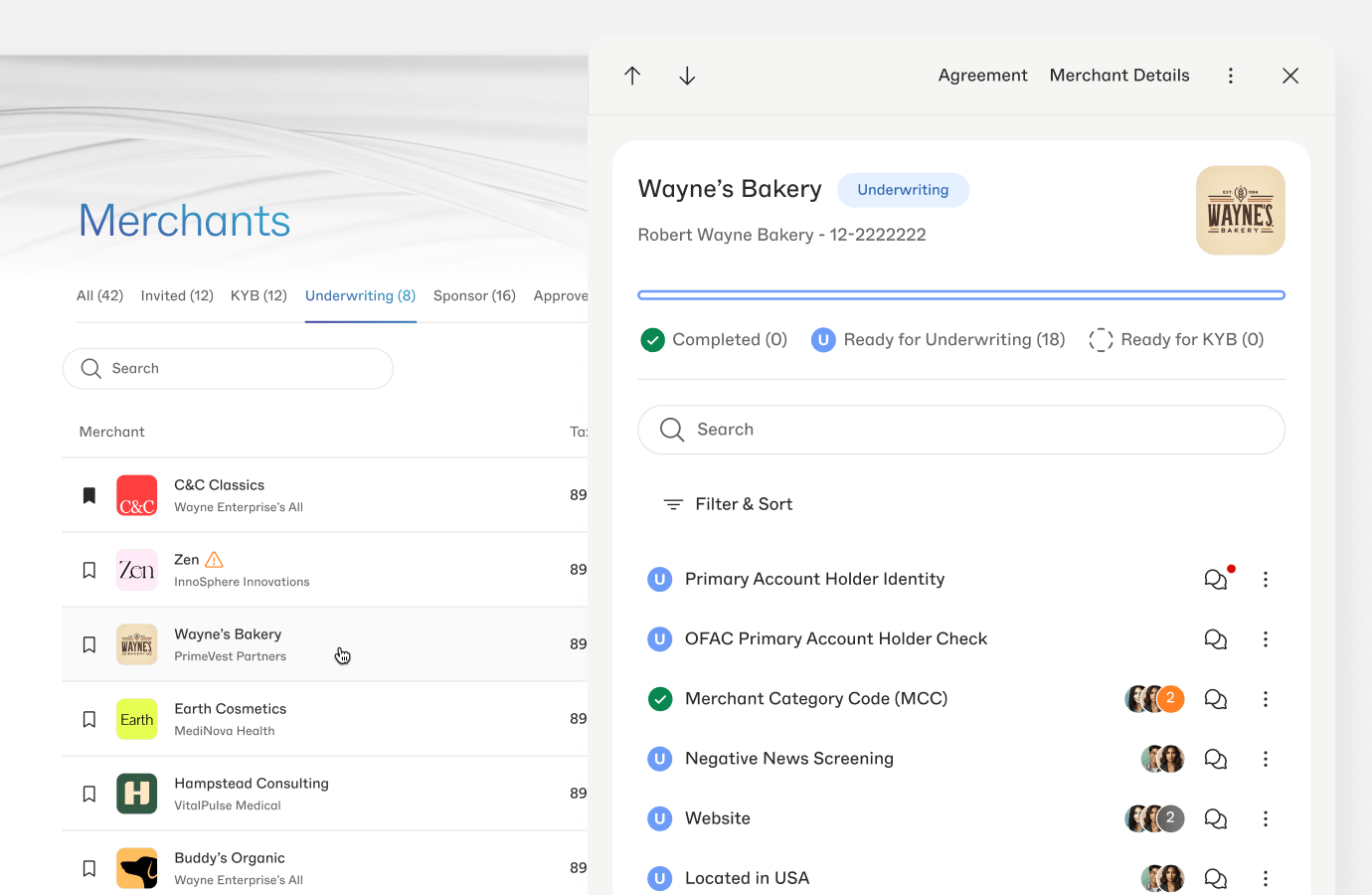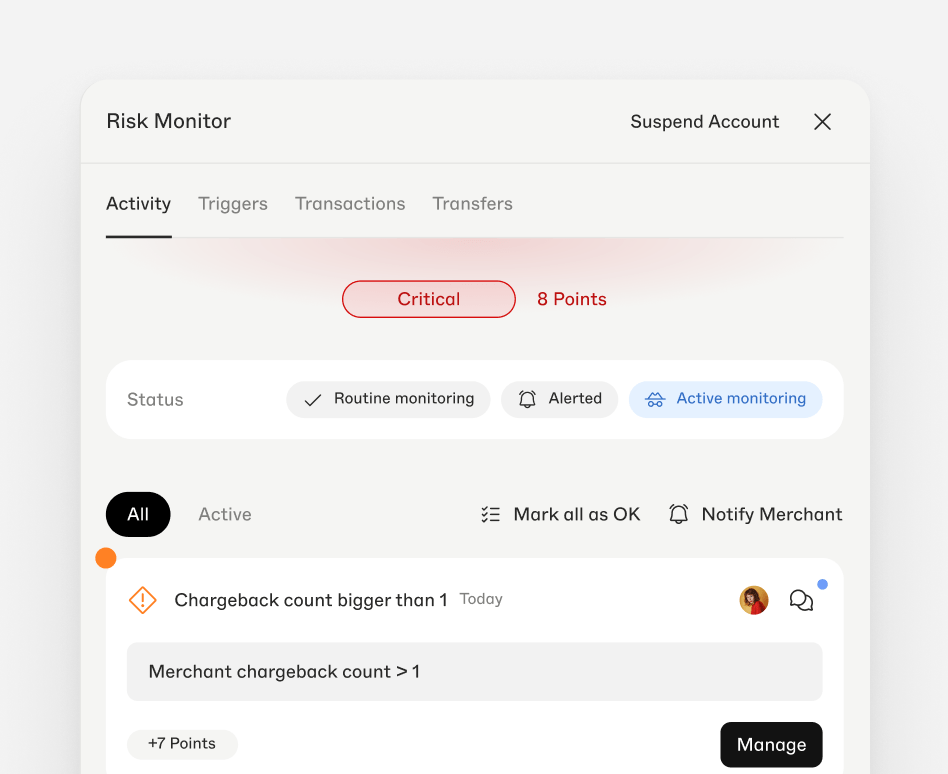1
Better understanding of customer needs
Understanding customer behavior leads to more effective product and service offerings. By analyzing data trends, businesses can predict shifts in consumer demand. This ability fosters better customer retention and more personalized engagement strategies.
2
Flexibility and efficiency
3
Personalized customer experiences with data-driven decisions
Data-driven decision-making allows businesses to create customized user experiences. By analyzing real-time data, companies can identify trends and adjust their strategies. This results in a more personalized approach that drives customer engagement.
4
Improved security
With the increasing complexity of cyber threats, enhanced security systems are crucial. Implementing AI-driven security tools reduces vulnerabilities. These tools proactively identify risks, ensuring protection against unauthorized access.
5
Increased efficiency and faster processes
Automated systems help businesses speed up their operations by eliminating time-consuming manual tasks. This increases productivity and reduces costs. Efficient processes ensure a better use of resources, leading to improved performance.
6
Greater scalability
Scalability ensures businesses can handle growth without disruption. Digital systems expand as needed, maintaining performance and reducing the costs associated with infrastructure upgrades. This flexibility supports long-term business growth and stability.













